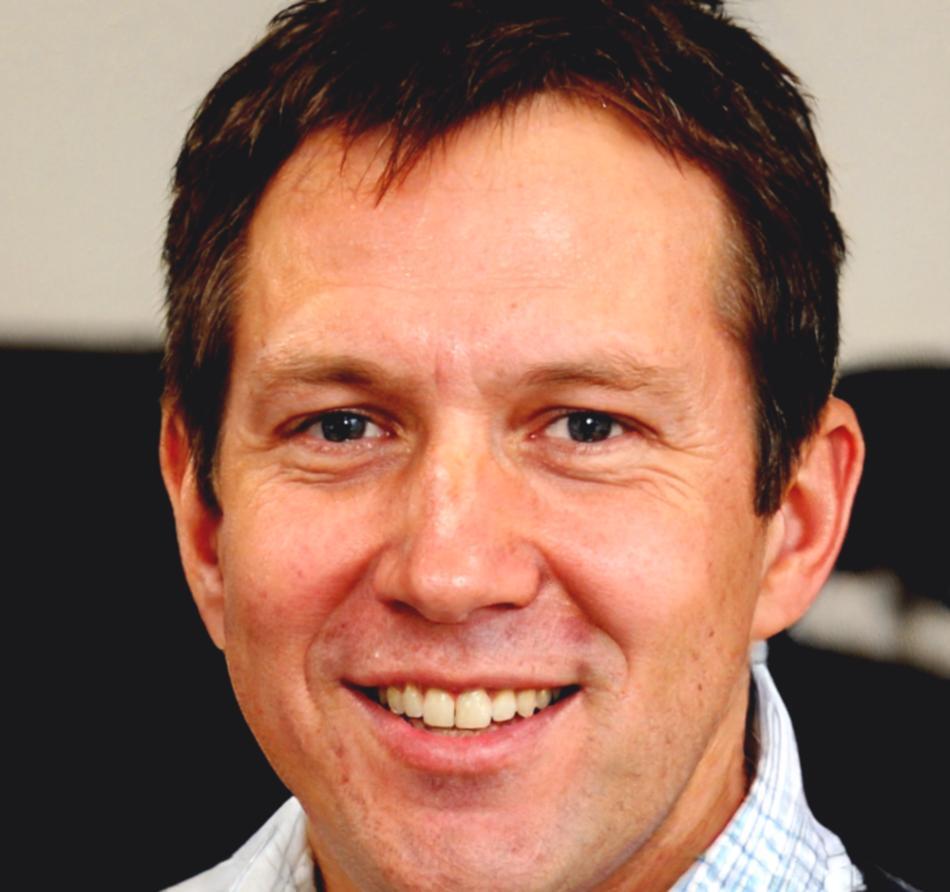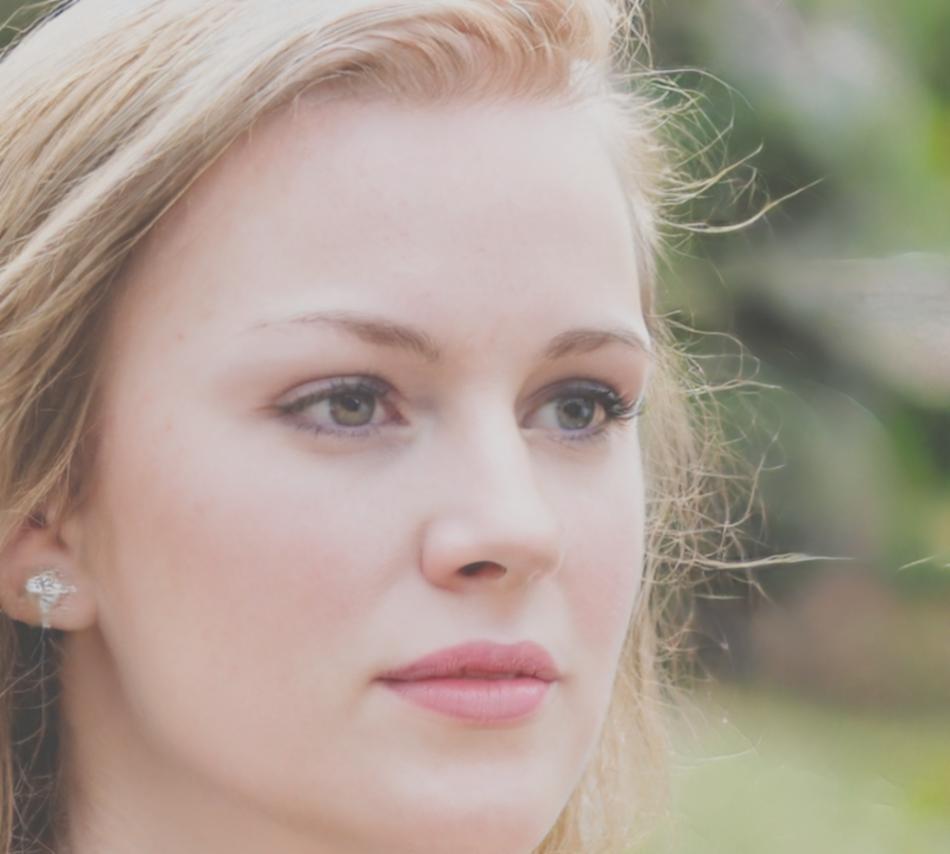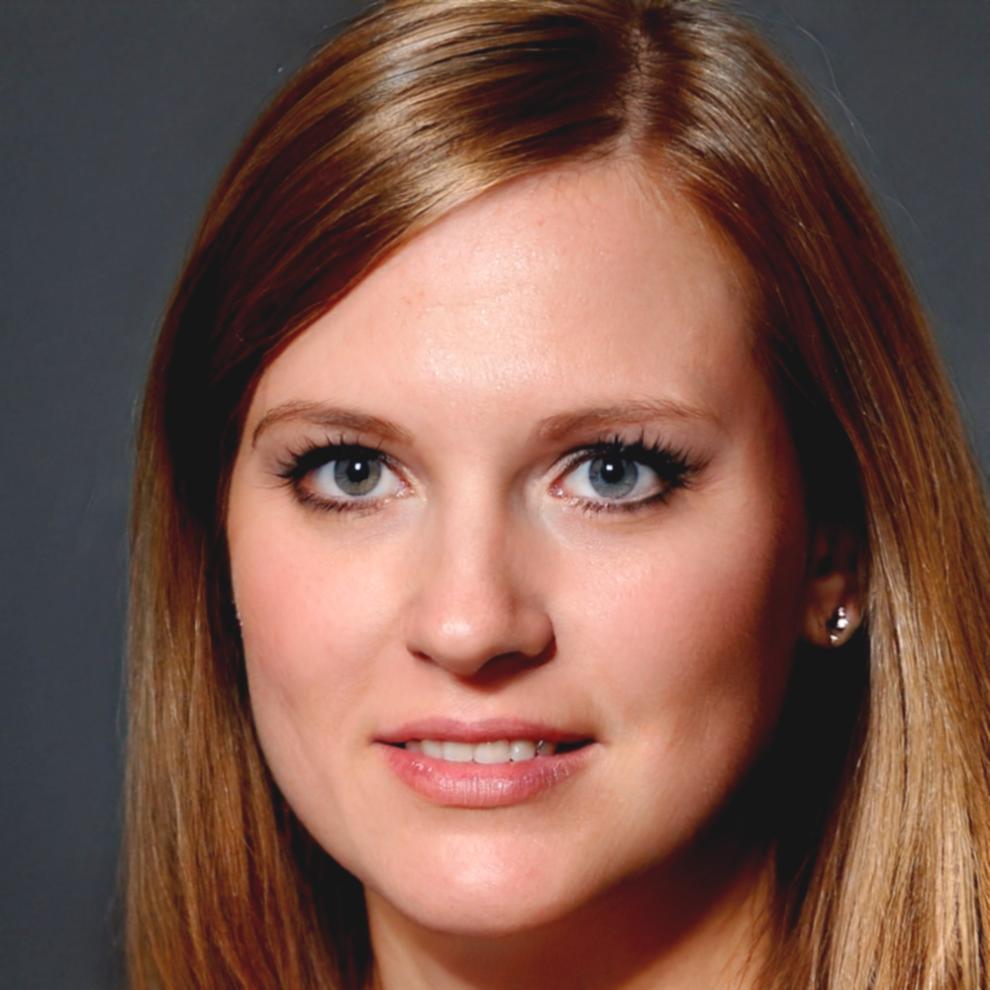Budget Allocation Methods That Work for Real People
Most budget advice feels like it was written for someone else's life. We built this program around actual Australians who needed practical ways to sort out their finances without a finance degree. Starting September 2025, you'll learn methods that bend to fit your life instead of the other way around.

Callum Driscoll
Budget Systems Lead
Spent twelve years helping families untangle messy finances. Callum doesn't believe in one-size-fits-all solutions—he's watched too many people fail with rigid systems that ignore how humans actually spend money.

Elara Tuominen
Allocation Specialist
After working with over 300 households across Sydney, Elara realized most people don't need complicated spreadsheets. They need three things that work when life gets chaotic—which it always does.

Vesna Blackwood
Behavioral Finance Coach
Vesna studies why smart people make dumb money decisions. Her approach combines psychology with practical budgeting—because your spending habits reveal more than your bank statement ever will.
How the Program Actually Flows
This isn't about cramming information. Each phase builds on what you've already practiced, so nothing feels overwhelming or theoretical.

Foundation Phase
We start by mapping where your money actually goes—not where you think it goes. Most people are shocked by this part. You'll track spending for two weeks and identify patterns you've never noticed before.
Method Testing
You'll try four different allocation methods over eight weeks. Some will click immediately. Others won't suit your personality or income patterns. That's the point—finding what fits rather than forcing a system.
Custom Building
Once you know what works, we help you design a hybrid approach. Maybe you need strict categories for groceries but flexible entertainment spending. Your budget should reflect how you actually live.
Real-World Testing
The final phase runs your system through realistic scenarios—unexpected expenses, income changes, seasonal variations. You'll adjust and refine until it handles whatever life throws at you.
Questions People Actually Ask
These come from real conversations we've had. If something else is on your mind, just reach out—we answer emails within a day.
Before You Start
Do I need to be good with numbers?
Not really. If you can add and subtract, you're fine. The methods we teach use simple math—no formulas that require a calculator.
What if my income changes every month?
About half our participants have irregular income. We spend extra time on methods that handle variability—they're different from standard advice but they work better for gig workers, freelancers, and commission-based jobs.
How much time does this take each week?
Most people spend 90 minutes on the coursework and another hour practicing their current method. It drops to 30 minutes weekly once you've settled on your system.
During and After
What happens when I mess up?
Everyone does. The program teaches recovery strategies—how to get back on track after you've blown the budget or forgotten to track for a week. That's normal behavior, not failure.
Can I get individual help with my situation?
Yes, through the group sessions. We do live walkthroughs where participants share their specific challenges and we work through solutions together. Most problems aren't as unique as they feel.
Will this work if I'm already in debt?
The program doesn't give debt advice—that needs different expertise. But proper budget allocation often reveals money you didn't realize you had, which can accelerate whatever debt plan you're following.
Why This Works When Other Budgets Failed
Traditional budgeting assumes you'll have perfect discipline. But you're human. You forget things. You make impulse decisions. You have weeks where everything falls apart.
Our methods account for that reality. They build in flexibility where you need it and structure where it actually helps. You're not trying to become someone else—you're working with who you already are.
The autumn 2025 cohort starts September 8th and runs for twelve weeks. We cap enrollment at 45 participants so everyone gets proper attention during group sessions. Applications open July 2025.
